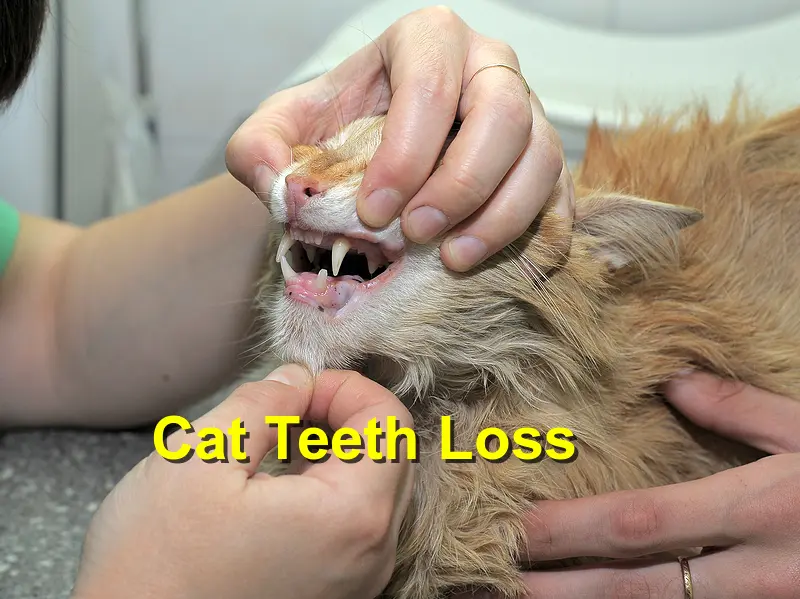What Causes Teeth Loss in Cats?
For humans, proper oral health often leads to a happy, and long life – this hold true to our feline companions. Tooth loss in our feline companions is usually an indicator that things aren’t well. But it can be difficult to notice teeth loss in cats since most of us don’t make a point of examining our cat fangs.
It is always important to observe correct oral hygiene to keep health problems at bay. If your cat is exhibiting teeth loss at a fast rate, experiences discomfort when eating, or drools more, then you need to determine the underlying issue and treat it accordingly.
Is it normal for cats to lose teeth?
Similar to humans, cats also have milk teeth or baby teeth – that often emerge when the cat is about four weeks old. Kittens often loose these sharp milk teeth about two to three months later. Teeth loss in kittens is expected and absolutely normal. But when the kitten reaches eight months old, it fully develops adult chewing teeth.
As cats grow older, losing teeth isn’t always normal or natural. In most cases, it is often a symptom of infection or injury that requires immediate veterinary attention.
What cause teeth loss in cats?
There are three main reasons why your furry friend is losing teeth namely, diet, injury, or disease. Most cats often suffer from gum disease (or periodontal disease). According to feline dental experts, most cats experience periodontal disease at one point in their life. This is caused by plaque build-up on the gum that weakens the teeth.
Older cats often lose teeth faster than younger cats. But generally, cats develop plaque and tartar on the teeth as they grow. As a result, this causes gingivitis that leads to teeth loss or heart disease.
Symptoms of teeth loss in cats
Cats with tooth infection will drool and may have bad breath. They might stop eating or groom themselves aggressively.
If you notice the symptoms in your cats – particularly tooth loss – visiting the vet immediately is the best course of action. Other symptoms that indicate teeth loss in cats include discolored teeth, sores in the mouth and bleeding gums. Besides recommending the best kinds of preventive care for your cat to avoid tooth damage, the vet can extract the abscessed teeth.
Conclusion
The vet may recommend a dietary change to promote good feline dental health. All in all, always consult a vet when you notice your furry companion is losing teeth.
References: Animal Planet, Petmd, Catster





